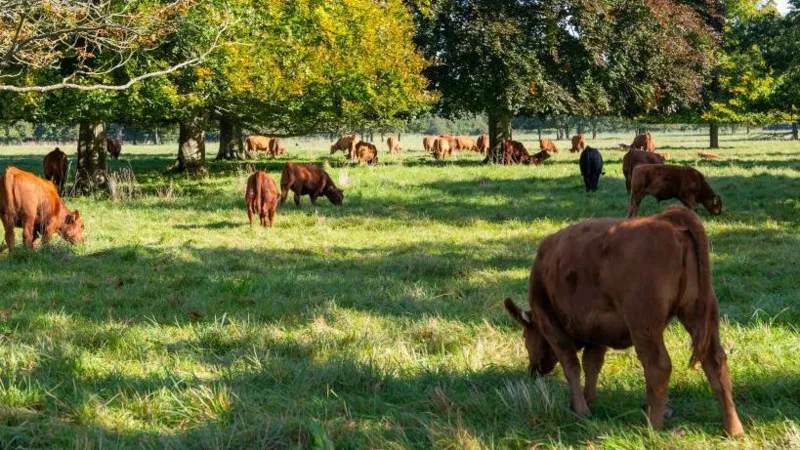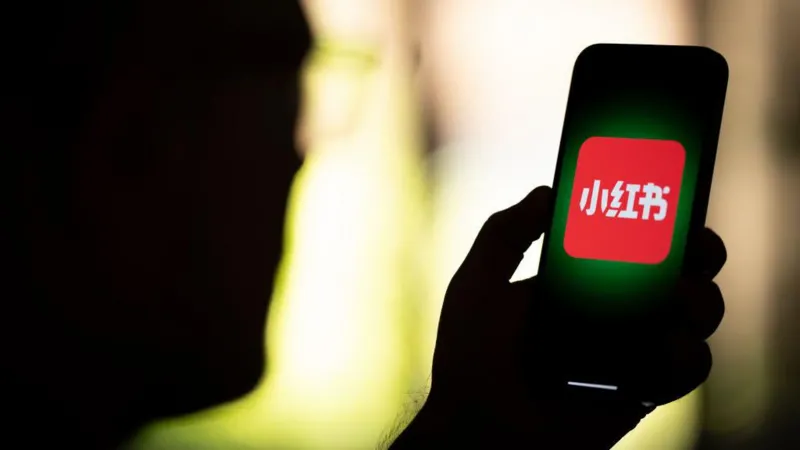Business
Farmers’ Leader Appeals to Army Chief for Urgent Intervention to Save Agriculture

MULTAN:Central President of Pakistan Kissan Ittehad (PKI) Khalid Mehmood Khokhar has urgently appealed to the Army Chief to intervene in the country’s, calling for the immediate declaration of an agricultural emergency. Addressing a press conference at the Multan Press Club, Khokhar expressed deep concern over the deteriorating state of the sector, emphasizing that agriculture, a cornerstone of Pakistan’s economy, is being severely neglected.
Khokhar criticized the lack of attention towards agriculture in both federal and provincial assemblies, as well as in the Senate, despite its fundamental importance. He warned that without swift intervention, Pakistan could face a wheat shortage in the near future. “If agriculture improves, the economy will stabilize, and law and order will follow,” he stated, highlighting that farmers are on the brink of disaster.
He also took aim at the IMF’s influence on Pakistan’s agricultural policies, claiming that the organization restricts the government from setting crop support prices, while ignoring more pressing issues like corruption. He noted that in most developed nations, farmers receive fair support prices, but in Pakistan, they are struggling to survive due to low prices and rising costs.
Khokhar further discussed the challenges in the rice and sugarcane sectors, where farmers are receiving inadequate rates for their crops, and sugar mills are failing to clear dues. The disparity in electricity rates was also brought up, with farmers paying significantly more than industries, exacerbating their financial burden.
He urged the government to prioritize food security, warning that negative growth in agriculture is expected next year if urgent reforms are not implemented. Khokhar proposed a national dialogue in Islamabad, involving farmers from all provinces, to devise solutions for the sector. He also offered PKI’s support in organizing the event.
“Our country is importing wheat while local stocks lie unused,” Khokhar concluded, stressing the need for immediate and decisive action to revive Pakistan’s agriculture.
Business
UK bans cattle, pigs and sheep imports from Germany after foot-and-mouth case

The UK has introduced a ban on pigs, sheep and cattle imports from Germany after a case of foot-and-mouth disease was confirmed in the country.
The government said on Tuesday it will no longer approve health certificates for animals, fresh meat and animal products susceptible to the disease to prevent its spread to the UK where there are currently no confirmed cases.
While there is no risk to humans or food safety, foot-and-mouth is highly contagious in pigs, sheep and cattle, as well as other cloven-hoofed animals.
In 2001 and 2007, the UK suffered major outbreaks of the disease, leading to millions of livestock animals being slaughtered across the country.
Farming minister Daniel Zeichner said the government will do “whatever it takes to protect our nation’s farmers from the risk posed by foot-and-mouth”.
He added: “That is why restrictions have immediately been brought in on animal products from Germany to prevent an outbreak, and we will not hesitate to add additional countries to the list if the disease spreads.
“We will continue to keep the situation under review, working closely with the German authorities.”
Foot-and-mouth disease is a legally notifiable disease, meaning it is an offence not to report a case to the government.
As well as culling animals, farmers affected by the disease could see reduced milk production, as well as wider economic implications such as the loss of access to foreign markets for animals and their subsequent products.
Major outbreaks in 2001 and 2007 cost the public and private sectors billions.
For cattle, symptoms of the disease include blisters and sores on their feet, mouth and tongue, as well as lameness, fever and reluctance to feed.
In sheep and pigs, symptoms typically present as lameness and blisters.
UK Chief Veterinary Officer Dr Christine Middlemiss has asked “livestock keepers to exercise the upmost vigilance for signs of disease, follow scrupulous biosecurity, and report any suspicion of disease immediately to the Animal and Plant Health Agency”.
The government recently announced a £200m investment in the UK’s main research and laboratory testing facilities at Weybridge to bolster protection against animal disease.
Business
Spain plans 100% tax for homes bought by non-EU residents

Spain is planning to impose a tax of up to 100% on the value of properties bought by non-residents from countries outside the EU, such as the UK.
Announcing the move, Prime Minister Pedro Sánchez said the “unprecedented” measure was necessary to meet the country’s housing emergency.
“The West faces a decisive challenge: To not become a society divided into two classes, the rich landlords and poor tenants,” he said.
Non-EU residents bought 27,000 properties in Spain in 2023, he told an economic forum in Madrid, “not to live in” but “to make money from them”.
“Which, in the context of shortage that we are in, [we] obviously cannot allow,” he added.
The move was designed to prioritise available homes for residents, the Spanish prime minister said.
Sánchez did not provide any more details on how the tax would work nor a timeline for presenting it to parliament for approval, where he has often struggled to gather sufficient votes to pass legislation.
His office described the proposed measure as a way to limit the purchase of homes by “non-resident non-EU foreigners”. In Spain, people are classed as non-residents if they live in the country for less than 183 days in a single year.
It added: “The tax burden that they will have to pay in case of purchase will be increased up to 100% of the value of the property, in line with countries such as Denmark and Canada.”
Currently non-residents can be expected to pay 6-10% in tax on the property’s value depending on the region and if the property is new or not.
The Spanish government said the proposal would be finalised “after careful study”.
Business
TikTok users flock to Chinese app RedNote as US ban looms

TikTok users in the US are migrating to a Chinese app called RedNote with the threat of a ban just days away.
The move by users who call themselves “TikTok refugees” has made RedNote the most downloaded app on Apple’s US App Store on Monday.
RedNote is a TikTok competitor popular with young people in China, Taiwan and other Mandarin-speaking populations.
It has about 300 million monthly users and looks like a combination of TikTok and Instagram. It allows users, mostly young urban women, to exchange lifestyle tips from dating to fashion.
Supreme Court justices are due to rule on a law that set a 19 January deadline for TikTok to either sell its US operations or face a ban in the country.
TikTok has repeatedly said that it will not sell its US business and its lawyers have warned that a ban will violate free speech protections for the platform’s 170 million users in the US.
-

 Entertainment6 months ago
Entertainment6 months agoEarthquake scientists are learning warning signs of ‘The Big One.’ When should they tell the public?
-

 International6 months ago
International6 months agoTarar accuses Imran Khan of conspiring with Faiz Hameed to destabilise Pakistan
-

 International4 months ago
International4 months agoPTI Announces Not to Boycott New Committees
-

 Business4 months ago
Business4 months agoMajor Corruption Scandal Uncovered at WASA Multan: Rs1.5 Billion Embezzlement Exposed
-

 Business5 months ago
Business5 months agoThe Impact of QR Codes on Traditional Advertising
-

 Business3 months ago
Business3 months agoHigh Court Blocks MDCAT Merit List Amid Controversy Over Exam Error
-

 Business6 months ago
Business6 months agoThe Benefits and Problems of International Trade in the Context of Global Crisis
-

 Business5 months ago
Business5 months agoFraud by Pakistani Firm Sparks Outrage in Business Community; Concerns Rise Over International Investment






